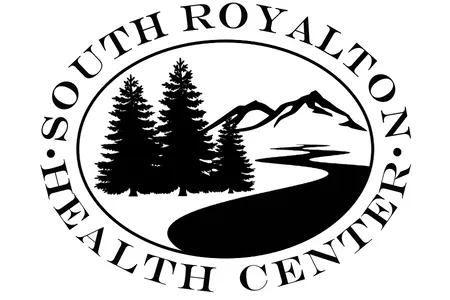A certain level of anxiety is typical in some circumstances, such as new situations (and high-stakes testing of adolescents), and naturally protects against real dangers. However, anxiety can sometimes keep young people from activities that are important to their development. It is important to help
Read More
-
Activities to Help Your Child or Adolescent Manage Anxiety—Mental Health Toolkit
Category: behavioral_and_psychosocial_issues
-
Alcohol and Your Child: What Parents Need to Know
Category: behavioral_and_psychosocial_issues
One of the most abused drugs in our society is alcohol. It's also a drug that many people start using at very young ages. Though it's illegal for people younger than 21 years to drink, many children are introduced to alcohol well before they reach that age. The earlier they begin using alcohol, the higher
Read More -
Bedwetting
Category: newborns_infants_and_toddlers
Bedwetting is not a serious medical condition, but it can be a challenging problem for children and parents. Read on to find out more from the American Academy of Pediatrics about bedwetting and what can be done about it.
Read More -
Behavioral Intervention Resources for Parents—ADHD Toolkit
Category: behavioral_and_psychosocial_issues
As a parent, you can learn to be more confident and consistent in your interactions with your child. This can help your child with a personal understanding of—and strategies for managing—his or her behaviors, at home and beyond. Here are some evidence-based parent training programs that have been
Read More -
Beyond Screen Time: A Parent’s Guide to Media Use
Category: behavioral_and_psychosocial_issues
While family is the most important influence in a child’s life, media in all its forms, including TV, computers, and other screens, are not far behind. Because media can influence how children think, feel, and behave, the American Academy of Pediatrics (AAP) encourages parents to help their children
Read More -
Bullying: It's Not OK
Category: safety_and_prevention
CONNECTED KIDS: Bullying is when one child picks on another child again and again. Usually children who are being bullied are either weaker or smaller, are shy, and generally feel helpless. Bullying most commonly takes place at school, when adults are not watching, or through email or instant messages.
Read More -
Child Sexual Abuse
Category: safety_and_prevention
Sexual abuse of children is more common than most people think. About 1 out of 5 girls and 1 out of 10 boys will be sexually abused during their childhood. Parents can take steps to help prevent and recognize sexual abuse in children.
Read More -
Cyberbullying: What Parents Need to Know
Category: safety_and_prevention
Information from the American Academy of Pediatrics about cyberbullying and what parents can do to keep online socializing healthy for their children.
Read More -
Deciding to Wait
Category: safety_and_prevention
No matter what you've heard, read, or seen, not everyone your age is having sex, including oral sex and intercourse. In fact, more than half of all teens choose to wait until they're older to have sex. If you have already had sex but are unsure if you should again, then wait before having sex again.
Read More -
Depression in Children and Adolescents: Treatment
Category: behavioral_and_psychosocial_issues
Information from the American Academy of Pediatrics about how depression is treated in children and adolescents.
Read More -
Depression in Children and Adolescents: Types and Signs
Category: behavioral_and_psychosocial_issues
Information from the American Academy of Pediatrics about depression and what to do if your child seems depressed.
Read More -
Discipline and Your Child
Category: behavioral_and_psychosocial_issues
As a parent, one of your jobs is to teach your child how to behave. While this can take time, try not to get frustrated when your child does not behave. Instead, learn effective ways to discipline your child. The following is guidance from the American Academy of Pediatrics on how to discipline your
Read More -
Divorce and Children
Category: behavioral_and_psychosocial_issues
Whether married, living together, or living apart, most parents hope to remain together when they have a child. Despite those intentions, parental separation and divorce affect nearly half of American families. For many children, separation and divorce can be as difficult as the death of a parent. Children
Read More -
Eating Disorders: Anorexia and Bulimia
Category: adolescents
The 2 most well-known eating disorders are anorexia nervosa and bulimia nervosa.Anorexia is self-starvation. Bulimia is a disorder in which a person eats large amounts of food (binges) and then tries to undo the effects of the binge in some way, usually by ridding the body of the food that was eaten.
Read More -
Gambling: Not a Safe Thrill
Category: adolescents
Many Americans gamble for fun. However, for young people, gambling may become a serious addiction. The chances of a young gambler getting "hooked" are far greater than those of an adult.
Read More -
Guidelines for Special Time and Time In—Mental Health Toolkit
Category: behavioral_and_psychosocial_issues
“Special time” or “time in” is one-on-one time shared by a child or adolescent and a parent or caregiver. It demonstrates the parent’s or caregiver’s enjoyment of spending time together and offers a break from any tensions or caregiver demands, including those resulting from a child’s or
Read More
